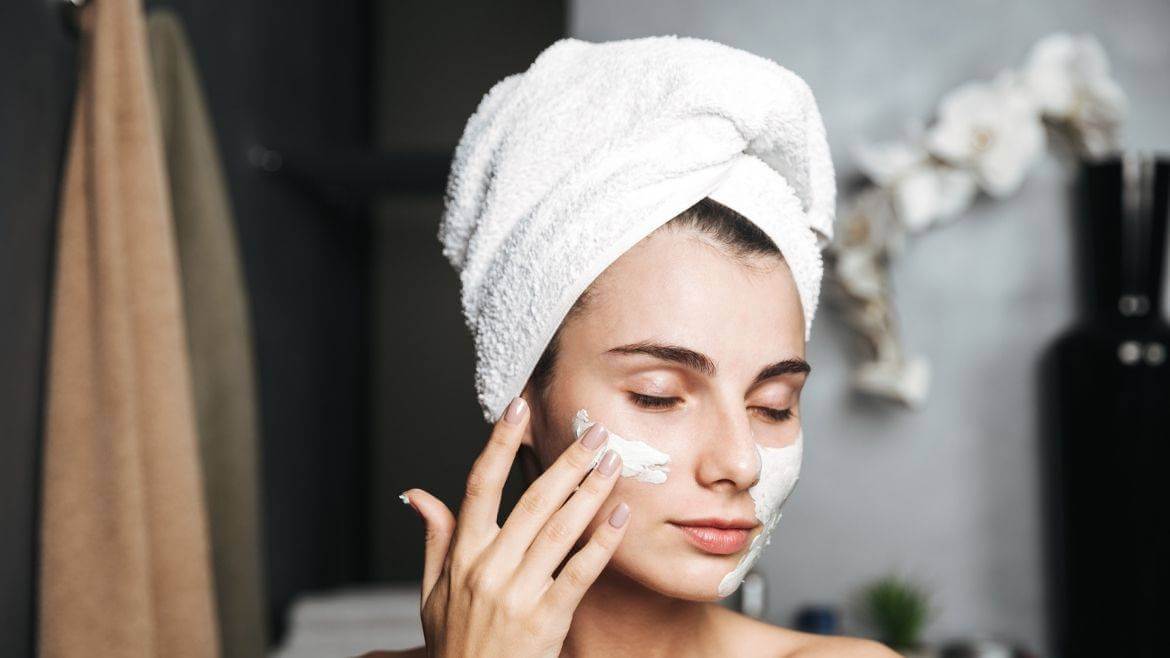Stress is a common experience that we all go through at some point in our lives. It is the body’s response to a perceived threat, either real or imagined, and can manifest in a variety of ways, including physical symptoms. One of the most noticeable ways stress affects the body is through the skin. In this blog, we will discuss how stress affects your skin and provide tips for managing stress and maintaining healthy skin.
How Stress Affects Your Skin
Stress can cause a variety of hormonal skin problems, including acne, eczema, psoriasis, hives, and rosacea. When we are under stress, our body releases a hormone called cortisol, which can increase the amount of oil produced by the skin. This excess oil can lead to clogged pores, which can cause breakouts.
In addition, stress can cause inflammation in the body, which can exacerbate skin conditions such as eczema and psoriasis. Hives, which are raised, red, and itchy bumps on the skin, can also be triggered by stress.
Stress can also cause the skin to become dry and itchy. When we are stressed, we tend to breathe more shallowly, which can cause the skin to become dehydrated. This can make the skin feel tight and itchy, and can even cause flaking and peeling.
Finally, stress can cause wrinkles and fine lines to appear on the skin. Cortisol can break down collagen and elastin, which are the proteins that keep the skin firm and elastic. When these proteins break down, the skin can become saggy and wrinkled.
Tips for Managing Stress and Maintaining Healthy Skin
While stress is an unavoidable part of life, there are things we can do to manage it and minimize its impact on our skin. Here are some tips for managing stress and maintaining healthy skin:
Practice relaxation techniques:
There are many relaxation techniques you can try, including meditation, deep breathing, and yoga. These practices can help reduce stress and promote relaxation, which can in turn help keep your skin healthy.
Get enough sleep:
Lack of sleep can exacerbate stress and make it more difficult to manage. Make sure you are getting enough sleep each night, and if you are having trouble sleeping, try relaxation techniques before bed.
Exercise regularly:
Exercise is a great way to reduce stress and improve your overall health. It can also help improve circulation and promote healthy skin.
Eat a healthy diet:
Eating a healthy skin diet rich in fruits, vegetables, whole grains, and lean protein can help keep your skin healthy. Avoid processed foods and sugar, which can exacerbate skin problems.
Stay hydrated:
Drinking plenty of water can help keep your skin hydrated and healthy. Aim for at least eight glasses of water per day.
Practice good skincare:
A good skincare routine can help keep your skin healthy and prevent problems such as acne and wrinkles. Use a gentle cleanser and moisturizer, and avoid harsh products that can irritate the skin.
Seek professional help:
If you are experiencing chronic stress or skin problems that do not improve with self-care, seek the help of a healthcare professional. Best dermatologist in Indore or mental health professional can help you manage your stress and improve your skin health.
Conclusion
Stress can have a profound impact on our skin, causing problems such as acne, eczema, psoriasis, hives, and wrinkles. While we cannot eliminate stress from our lives entirely, there are things we can do to manage it and minimize its impact on our skin. By practicing relaxation techniques, getting enough sleep, exercising regularly, eating a healthy diet, staying hydrated, practicing good skincare, and seeking professional help when necessary, we can keep our skin healthy and radiant, even in the face of stress.



